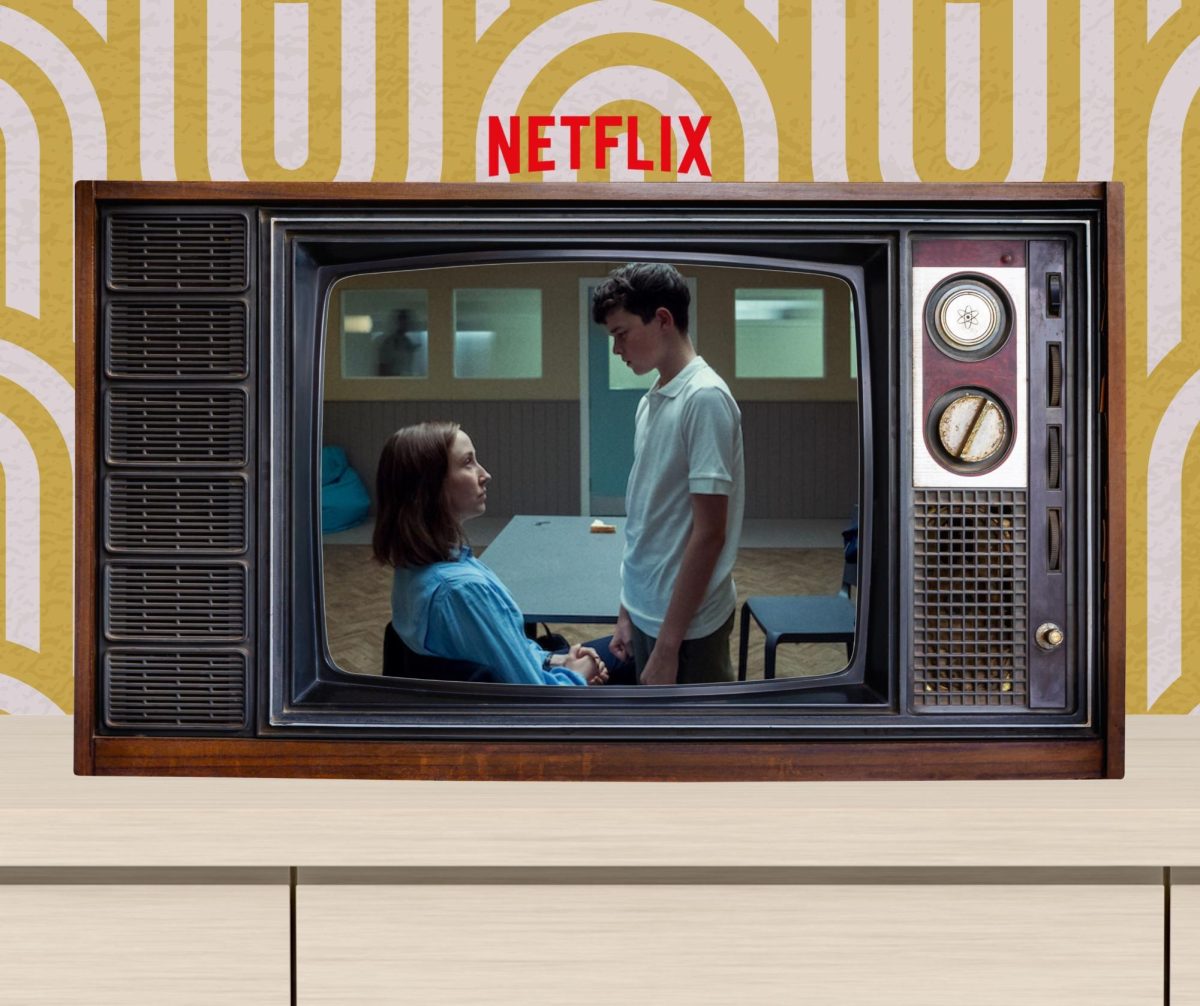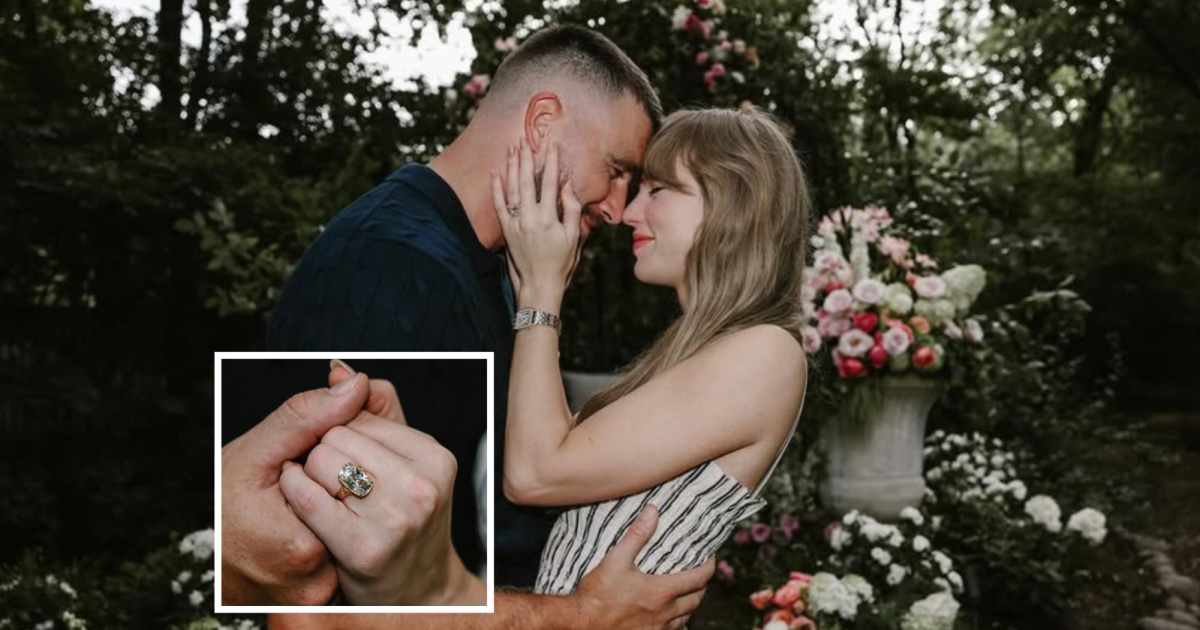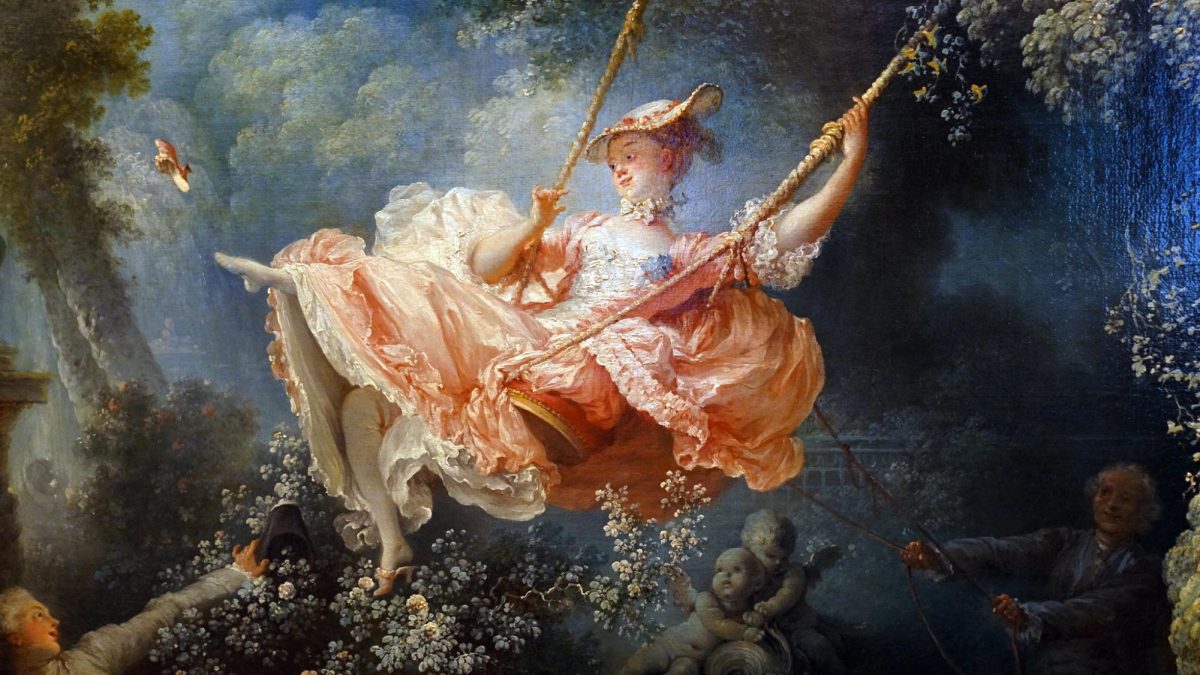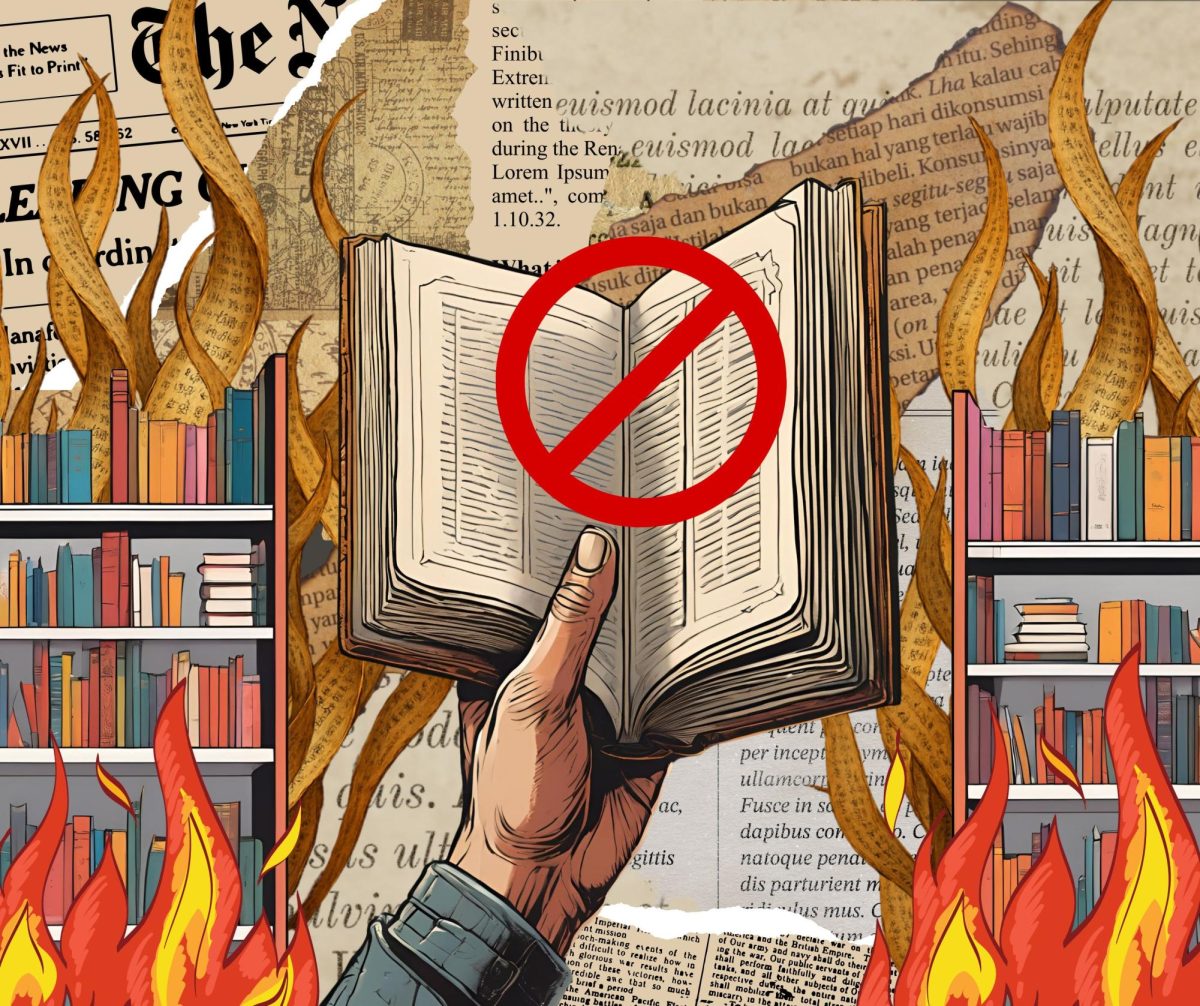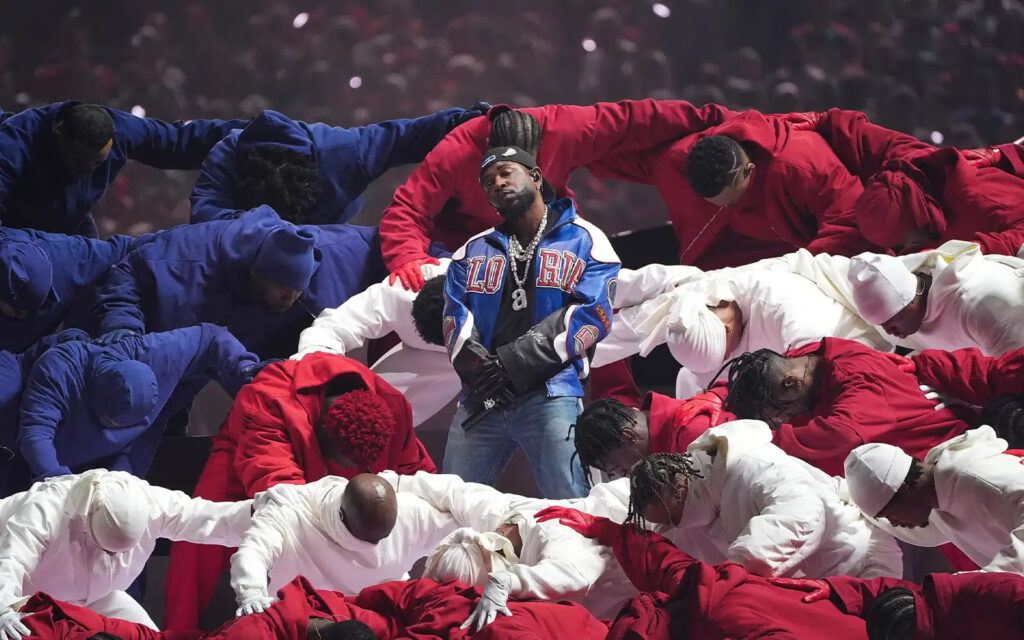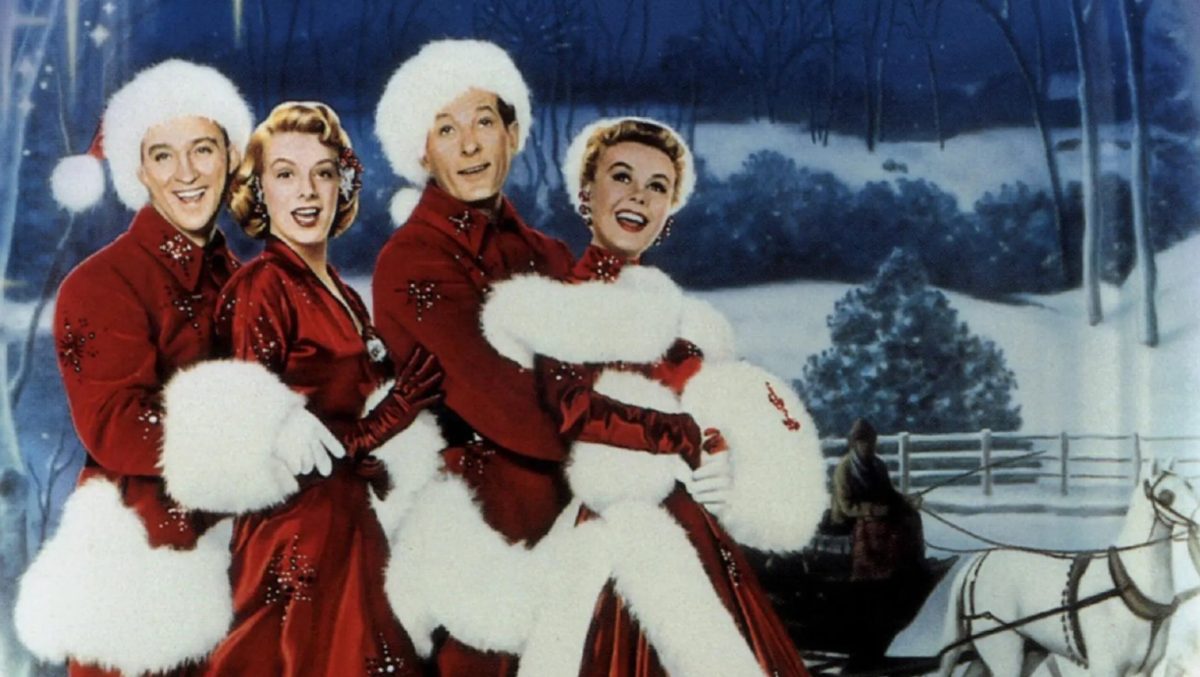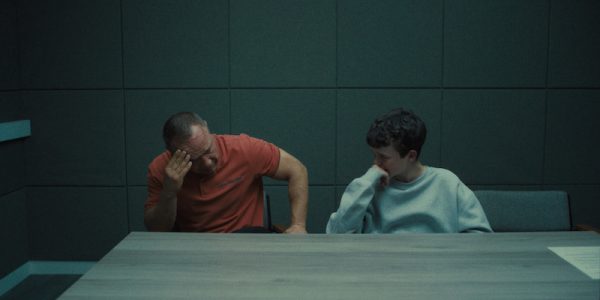
In a groundbreaking four-episode series, Netflix’s “Adolescence” pushes the bounds of common filmography to tell the thought-provoking yet harrowing story of a young boy arrested for murder. Both head writer and lead actor in the series, Stephen Graham has taken a fresh approach to the topic of violence amongst our youth, using raw, emotional performances to convey the urgency of this issue.
During our exponentially advancing digital age and the growing amount of children with internet access, young boys are being exposed to mature content and controversial ideological debates about masculinity at an extremely young age. Graham explains that he wanted to call attention to the growing toxicity among the new generation of adolescent men. In Graham’s home country, the United Kingdom, multiple stabbings of young girls had occurred, prompting him to call attention to the growing issue.
“These aren’t men committing these crimes. They’re boys. That had been lurking somewhere in my subconscious for a while,” Graham said in an interview with Rolling Stone.
“Adolescence” follows the story of 13 year old Jamie Miller, played by Owen Cooper. Jamie is seemingly a regular teenage boy. He has a baby face, a high, pre-pubescent voice, and a space-themed room. A normal lad in a normal bedroom in a normal home. However, there is something that sets him apart from the societal idea of a usual teenage boy.
Wasting no time to shock its audience, “Adolescence” opens with Jamie Miller’s arrest in his bedroom. Aggressively, police raid his home, taking him into custody and separating him from his parents. His father, played by Graham, is sure that the police are mistaken. Jamie’s family knows that their precious, little boy is incapable of murder. He couldn’t have done it. Except that he did. Jamie and his father are presented with undeniable evidence, and it becomes clear to the audience that this series is not a suspenseful or action-packed story of proving innocence. This is realistic fiction. It is a journey of a murderous, violent teenage boy.
Each one-hour episode in the limited series was shot in a single continuous take. This filming style transforms the series into a cinematic experience in which the viewer is hooked, as there is no room to pause. The immediate switch between perspectives leaves the viewer unable to process the emotions of the preceding scene, paralleling the reality of the dilemma in the series.
As the audience progresses through the series, there is a lingering hope that Jamie will be innocent. This wish does not come true for the viewer or Jamie’s family. Towards the middle of Jamie’s on-screen story, he is interviewed by a clinical psychologist, played by Erin Doherty. The way Jamie’s inner rage flickers behind his disguise of innocence is unbelievably disturbing. Owen Cooper’s phenomenal acting truly shines in the interview scenes. Cooper draws in the audience, perfectly representing the manipulative nature of Jamie Miller. Wearing the face of an innocent young boy, Cooper still manages to shake the viewer to their core. 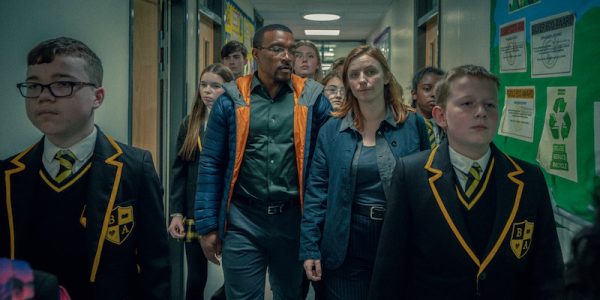
The series closes out with the journey of Jamie’s family. They still live in the same house, but are tortured by Jamie’s arrest. People vandalize their house, and they are recognized in public because of Jamie. Jamie’s father, mother, and sister still talk to him, but their bond has changed. They love Jamie, but they hate what he has become. The last scene of the series leaves the viewer unsatisfied and devastated. Graham’s raw emotion is both compelling and heart-breaking. The viewer can feel themselves with Graham, going on the same tumultuous path of conflicting emotion. The feeling that there must be more to Jamie’s story and the feeling that the series cannot end on such an unfulfilling note is precisely what Graham wished to convey.
“Adolescence” is a must-watch, and its message is a must-hear. The influence of misogynistic online commentators and the culture of aggression among men is spreading to young boys. If this trend continues, the world will become increasingly violent and dangerous. When these adolescents turn to deadly violence, two people are killed: their victim and an innocent young boy. Graham cautions us to consider the influences around the young men in our lives and cautions us to take action against the harmful messaging catered to young boys.
Jamie represents every teenage boy across the country. Jamie represents their potential to turn violent. His father and mother were loving parents, and his sister was close with him. Jamie had a picture-perfect childhood, but he became a murderer. Jamie is a warning. It could happen to you.



